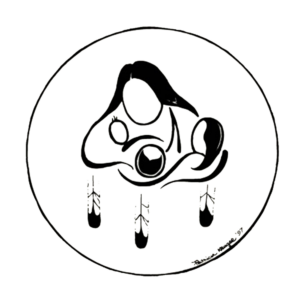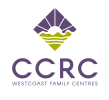BC Aboriginal Child Care Society
Our Mission
The BC Aboriginal Child Care Society (BCACCS) is a Centre of Excellence for Indigenous early learning. As a Centre of Excellence, BCACCS provides training, resources, research and services that empower communities to increase capacity, quality and access for early learning and development programs. Through leadership and expertise, we champion the rights of Indigenous children.
Who We Are
We are committed to nurturing excellence through community outreach, education, research and advocacy, to ensure every Indigenous child in BC has access to spiritually enriching, culturally relevant, high quality early learning and child care services.
We believe in supporting communities, programs and services to ensure every Indigenous child has a healthy, happy start in life so they thrive within their families, communities and nations.
Because we value children, we work with all our partners to ensure that Indigenous early learning and child care services across the province are delivered with the highest quality of current and promising practice.
Our Vision
Healthy, happy, First Nations children and their families are supported by regionally-driven early learning and child care systems—rooted in Indigenous languages and cultures, and determined and governed by First Nations.
What we Know
We know that child care strengthens Indigenous children and families and is an essential building block for the social fabric of our communities.
We know that in order for child care services to be impactful they must be sustainably funded, determined by community, and accountable.
We know that our children have a right to high quality child care services that are Indigenous-led, culturally based, affordable, and reflect community needs.
The work we do every day helps ensure that Indigenous children and families have access to the programs they need.






